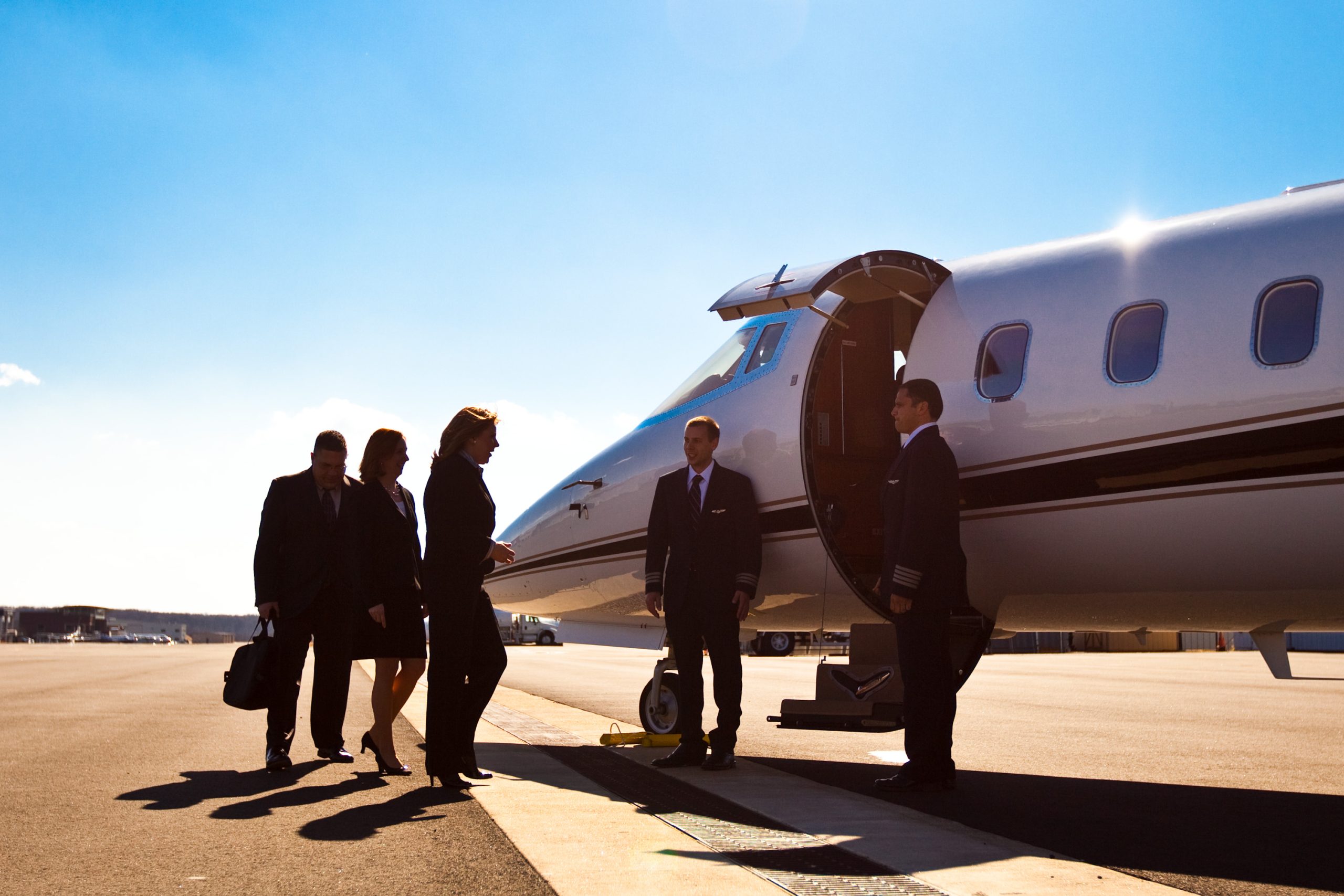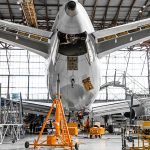What is the primary responsibility of an Aircraft fractional ownership Engineer?
Usually, whenever we get to hear the word ‘aviation’, we get to see something like a pilot in control of an aircraft. Few people are aware that every aircraft trip requires a tremendous amount of effort, precise planning, and completion of maintenance duties, etc.
All of which must be completed under time constraints in order to make the aircraft airworthy and safe. The Aircraft fractional ownership Engineers are the hidden heroes of the aviation industry, and they play a critical role in maintaining planes in flying conditions.
The duties of an fractional aircraft ownership Engineer (AME) involve anything from routine line maintenance to substantial structural or system modifications and repairs and day-to-day care and problem correction. Supervisors of less experienced teams are familiar with authorized maintenance organizations (AMOs).
To help and advise the licensed Aircraft fractional ownership Engineer, an Aircraft fractional ownership Technician is an unlicensed individual. And it is a great responsibility which determine the safety of passengers. The human life will depend on the aircraft’s quality and services. So, no one can neglect the fact that it is a high priority to take care of the aircraft fractional ownership by choosing a credible Aircraft propeller shop.
That’s why the role of an aircraft engineer is important. The AME’s job description calls for strong leadership and communication abilities, diagnostics, and a deep understanding of medical terminology.
Responsibilities-
the Aircraft Repair Engineer certifies that the maintenance work has been conducted properly and in line with the manufacturer’s regulations by issuing an aircraft fractional ownership release certificate (AMM).
Accurately documenting what was done, when it was done, and who signed off on it is critical to a successful release.
The AME must oversee or conduct inspections, repairs, replacements, modifications, overhauls, and maintenance in such a manner that they can assume responsibility for the job and issue an aviation maintenance release certificate upon completion of maintenance work on aircraft.


